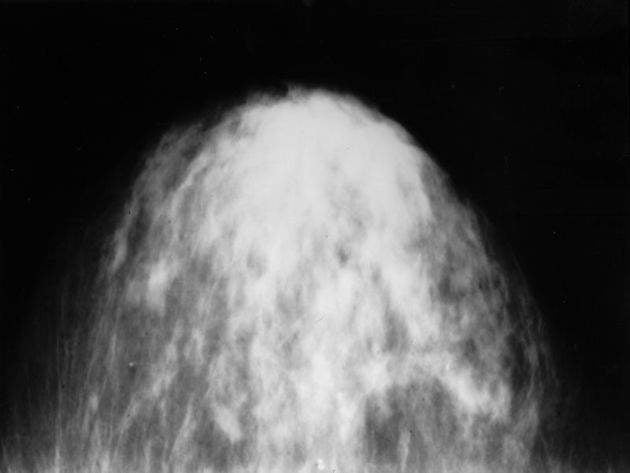

Canadian-based biotechnology company BriaCell Therapeutics has obtained the US Food and Drug Administration (FDA) clearance to begin a Phase I/IIa clinical trial of BriaVax to treat patients with advanced breast cancer.

Discover B2B Marketing That Performs
Combine business intelligence and editorial excellence to reach engaged professionals across 36 leading media platforms.
BriaVax is a genetically engineered, whole-cell vaccine derived from a human breast tumour cell line.
It is designed to induce tumour-directed T-cell and potential antibody responses to trigger the immune system to identify and eliminate cancerous cells.
The open-label Phase I/IIa trial will evaluate BriaVax in 24 patients with late-stage recurrent and / or metastatic breast cancer.
BriaCell Therapeutics president and chief executive officer Dr Bill Williams said: “The upcoming Phase I/IIa clinical trial is designed to determine the optimal dosing regimen for patients, further assess the vaccine’s safety profile, and provide additional efficacy findings, including survival rate.

US Tariffs are shifting - will you react or anticipate?
Don’t let policy changes catch you off guard. Stay proactive with real-time data and expert analysis.
By GlobalData"The clinical trial will also provide important data to help establish our companion diagnostic, BriaDx, to determine those patients most likely to respond to BriaVax treatment.”
The trial will involve administration of BriaVax every two weeks during the first month of treatment, then every month up to one year.
While the trial's primary objective is to evaluate the safety of BriaVax, its principal secondary objective is an assessment of the tumour size reduction.
During the trial duration, tumour response will be monitored every three months, in addition to progression-free survival (PFS) and overall survival (OS).
The firm has already reported a positive outcome from two separate Phase I clinical trials for the treatment of solid tumours.
Image: Mammogram depicting breast cancer. Photo: courtesy of Dwight Kaufman/National Cancer Institute.





